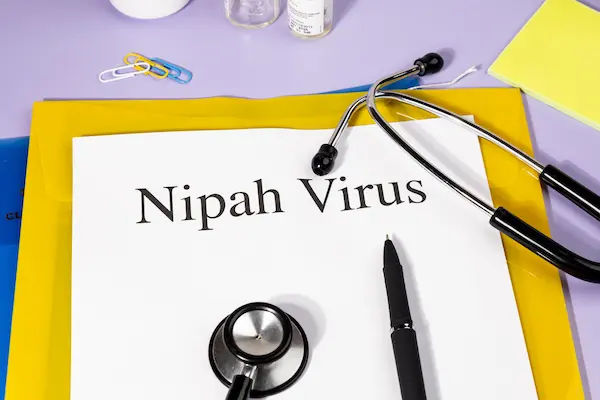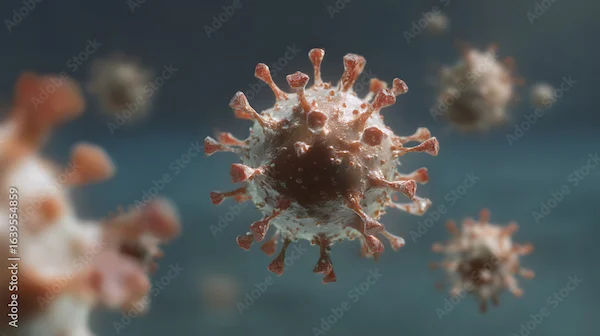- female
- 30 Years
- 14/08/2025
my daughter had surgery for bone tuberculosis a few months ago but she keeps getting fever every 10-25 days along with severe headaches last night her fever spiked really high with terrible headache what could be causing this and how can we help her

More Infectious Disease Health Queries
View allI've been dealing with a lymph node infection for a year, and at first, I thought it was just heat pimples. I had to get the wound cleaned out with an injection, hydrogen peroxide solution, and hydroheal ointment for open wounds. Currently, I'm on antibiotics and painkillers. I'm really worried about this not getting better. Is there anything else I should be doing or looking out for?
Yes you are doing it right follow your doctors advice
Answered by 1 Apollo Doctors
I'm really worried about my recent exposure and I'm not sure about the window period for an HIV test. Can you tell me how long I should wait before getting tested? Also, I'm looking to find an ICTC government center in Bangalore. Could you advise on where I might find one?
The window period for an HIV test is typically up to 12 weeks after exposure, as it takes time for the body to develop antibodies that can be detected by tests like ELISA. In Bangalore, you can find ICTC (Integrated Counseling and Testing Centre) and government centers at various locations. Some options include: - National Centre for Disease Control (NCDC) Bengaluru Branch: This branch offers HIV testing and counseling services. - Government Hospitals: Many government hospitals in Bangalore have ICTC centers that provide free or low-cost HIV testing and counseling services. - Private Labs: Some private labs, like those listed on the Practo website, offer HIV testing services, including home sample collection.
Answered by 1 Apollo Doctors
I'm trying to understand the window period for the HIV 1 and 2 antibodies and p24 antigen test, like the CMIA test. Is it safe to say that getting tested three months after exposure would give me a conclusive result? I've been stressing about it and just want to make sure I'm doing the right thing. Can you shed some light on this?
The window period for HIV 1 & 2 antibodies and p24 antigen test using CMIA method is typically around 4 weeks to 3 months after exposure. For most individuals, this test is considered conclusive after 3 months post-exposure. It is important to follow up with your healthcare provider for further guidance and monitoring.
Answered by 1 Apollo Doctors
Disclaimer: Answers on Apollo 247 are not intended to replace your doctor advice. Always seek help of a professional doctor in case of an medical emergency or ailment.




